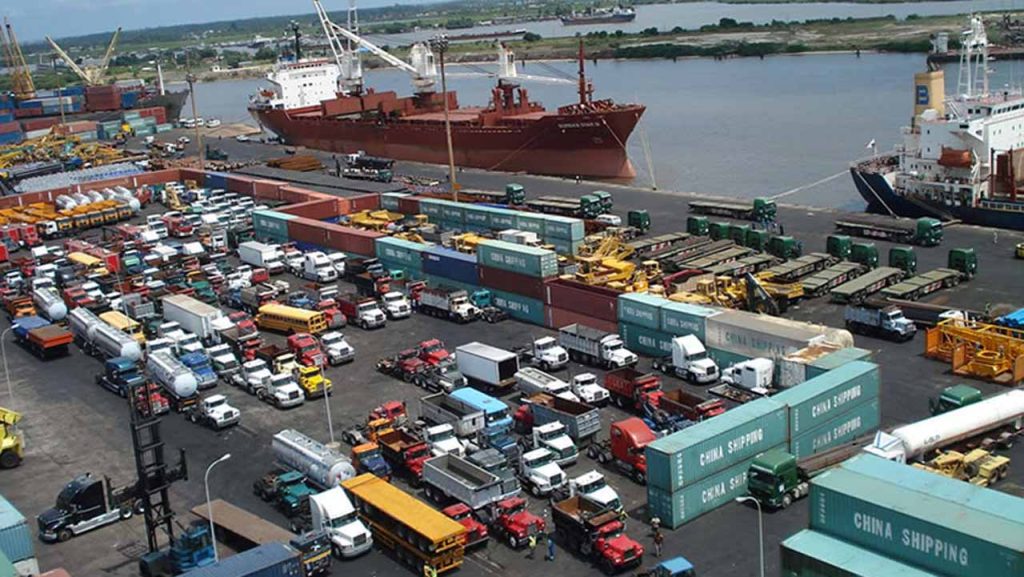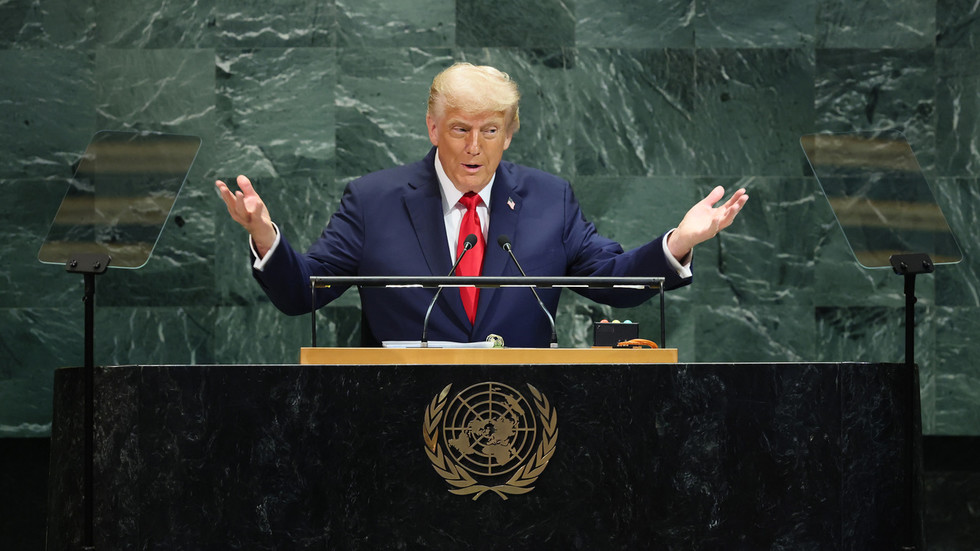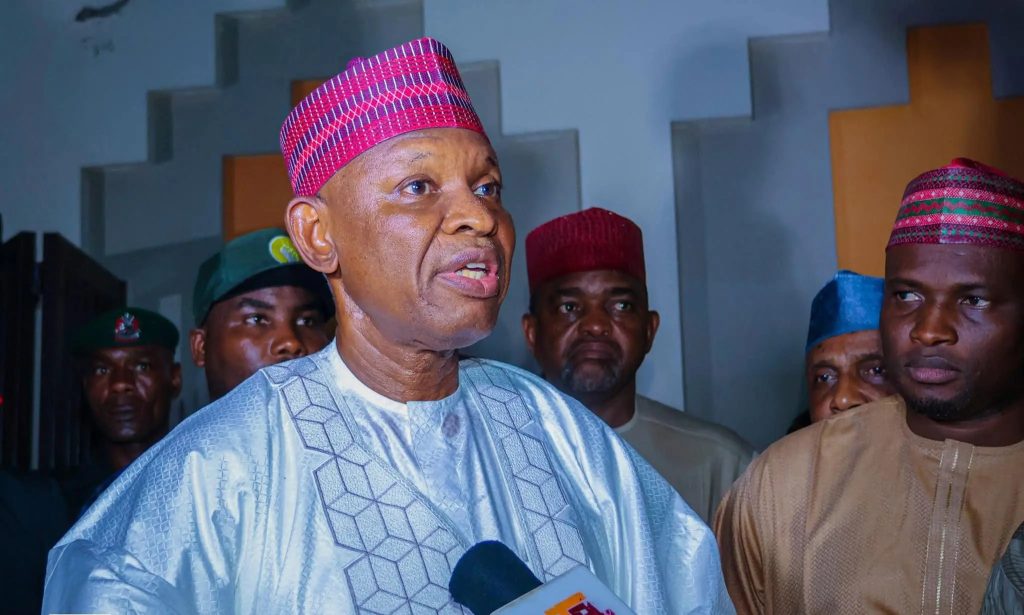In recent times in the Nigerian political scene, one name has been on the lips of many – Bola Ahmed Tinubu. Fondly called “Jagaban” by his supporters, Tinubu is an enigmatic politician who has been in the game for long and has successfully imprinted his name in the sand of Nigerian politics.
However, the recent news of the building of a giant statue of Tinubu in Lagos State has caused a lot of mixed reactions on social media. Some people see it as an achievement worth celebrating, while others see it as a waste of the state’s resources. Regardless of the varying opinions, one can hardly deny Tinubu’s influence, not just in Lagos State, but in Nigerian politics as a whole.
Tinubu served as the Governor of Lagos State from 1999 to 2007, and during his tenure, he brought about a lot of infrastructural development in the state. His achievements as Governor earned him respect and adoration from his followers. It was during his tenure that the Hennessy Artistry concert was first held in Lagos, and since then, it has become an annual event. It is also during his time as Governor that the Lagos State University Teaching Hospital (LASUTH) was commissioned, and today, it remains a beacon of hope for patients in the state.
In Nigeria, it is believed that no Nigerian politician is successful without their control of the political party structure. Tinubu is not an exception to this unspoken rule. In 2013, he was responsible for the merger of four opposition political parties into the All Progressives Congress (APC). The APC went on to win the 2015 presidential elections, unseating the then-ruling People’s Democratic Party (PDP). The APC was re-elected in 2019. The merger of the political parties was regarded as a masterstroke on the part of Tinubu, who was seen as the brain behind the move.
However, Tinubu’s political influence has not been without controversy. There have been allegations of corruption and embezzlement of funds against him. In 2009, the Economic and Financial Crimes Commission (EFCC) accused him of money laundering, but he was later cleared of wrongdoing. In 2010, a leaked diplomatic cable from the United States embassy in Nigeria described Tinubu as one of the most corrupt politicians in Nigeria. He denied the allegations.
Tinubu’s political career has been characterised by both victories and controversies. Some would argue that his influence is waning, while others would say that he still holds a significant sway in Nigerian politics. Regardless of one’s opinions about him, one thing is clear – Bola Ahmed Tinubu remains one of Nigeria’s most enigmatic politicians.



